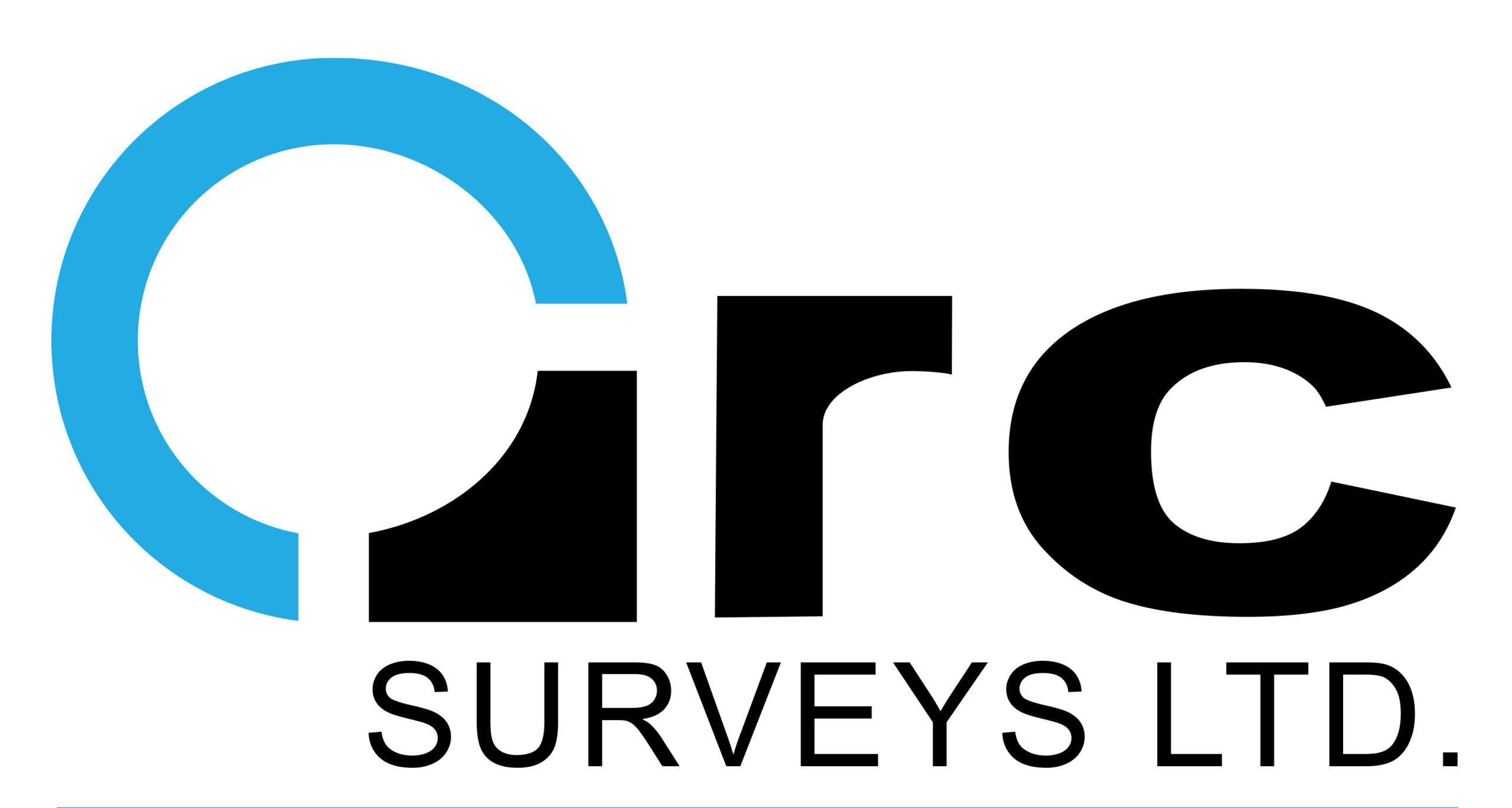What is Title Insurance?
Title insurance and real property reports are both important tools that can protect property owners and lenders in a real estate transaction. While they serve different purposes, understanding the differences between them can help buyers make an informed decision about which option to choose from and which will be more beneficial for them in the end.
Title insurance is a type of insurance policy that protects property owners and lenders against any defects in the title of the property. These defects can include issues such as liens, easements, encroachments, or other issues that could affect the ownership or value of the property. Title insurance is typically purchased as part of the closing process, and the cost is usually based on the purchase price of the property.
Title insurance protects the owner from financial loss resulting from title defects, such as forged documents, errors in the public record, undisclosed heirs, or other legal issues that can arise. The insurance policy typically covers the cost of legal fees and other expenses associated with defending the owner’s title to the property.
Is it worth it?
However, there are some limitations to title insurance. For example, these policies generally have restrictions and exclusions that limit their coverage. They may not cover certain types of title defects, such as zoning violations or environmental issues. It is also an additional cost on top of other fees, when purchasing a home, no one wants to deal with another fee. Title insurance policies typically only cover the period of time that the policy is in effect. This means if you sell or refinance your mortgage, you may need to buy yet another policy to continue coverage. In the end, most property owners will never need to use their title insurance policy, as title defects are relatively rare. As a result, some may view title insurance as an unnecessary expense.
What is a Real Property Report?
A real property report (RPR), on the other hand, provides a detailed visual representation of the property and its physical boundaries and structures. A real property report is typically created by a licensed land surveyor and includes information on the location of property lines, structures, and other features of the property. This can help to identify any potential issues or discrepancies with the property, such as encroachments or zoning violations. The purpose of an RPR is to provide a detailed and accurate description of the property to ensure that buyers and sellers are aware of any issues before a sale is completed.
One of the key benefits of an RPR is that it provides a comprehensive visual representation of the property, which can be valuable in identifying any potential issues or discrepancies that may not be apparent from a title search. This can help to avoid costly disputes or litigation related to property boundaries or encroachments.
A real property report and title insurance serve different purposes, and both can be valuable tools in protecting property owners and lenders. However, there are some advantages to an RPR over title insurance, including:
- Detailed information: An RPR provides a detailed report on the physical boundaries of the property, any structures or improvements on the property, and any encroachments or easements. This can provide a more comprehensive understanding of the property than title insurance, which typically only covers title defects.
- No coverage limitations: Unlike title insurance, an RPR provides an accurate and complete picture of the property and its boundaries, with no limitations or exclusions. This can help property owners avoid costly disputes and litigation related to property boundaries or encroachments.
- Long-lasting value: An RPR can have value for as long as the property remains in existence, as it provides a comprehensive record of the property’s physical boundaries and structures. This can be valuable for future owners or for resolving disputes that arise years or even decades after the property was purchased.
At the end of the day, a buyer must decide for themselves which they see more value in. Both options provide important information about the property you are buying, but they serve different purposes. Title insurance protects buyers from defects in the title, while real property reports provide a comprehensive survey of the property. Whether you choose to obtain one or both of these options, it is important to do your due diligence and work with qualified professionals to ensure a smooth and successful transaction.
Arc Surveys
Need to obtain a real property report for your property? We’d be happy to help! Give us a call or send us an email at 780-800-1260 or info@arcsurveys.ca.
Feel confident going into your next property purchase with Arc Surveys.






